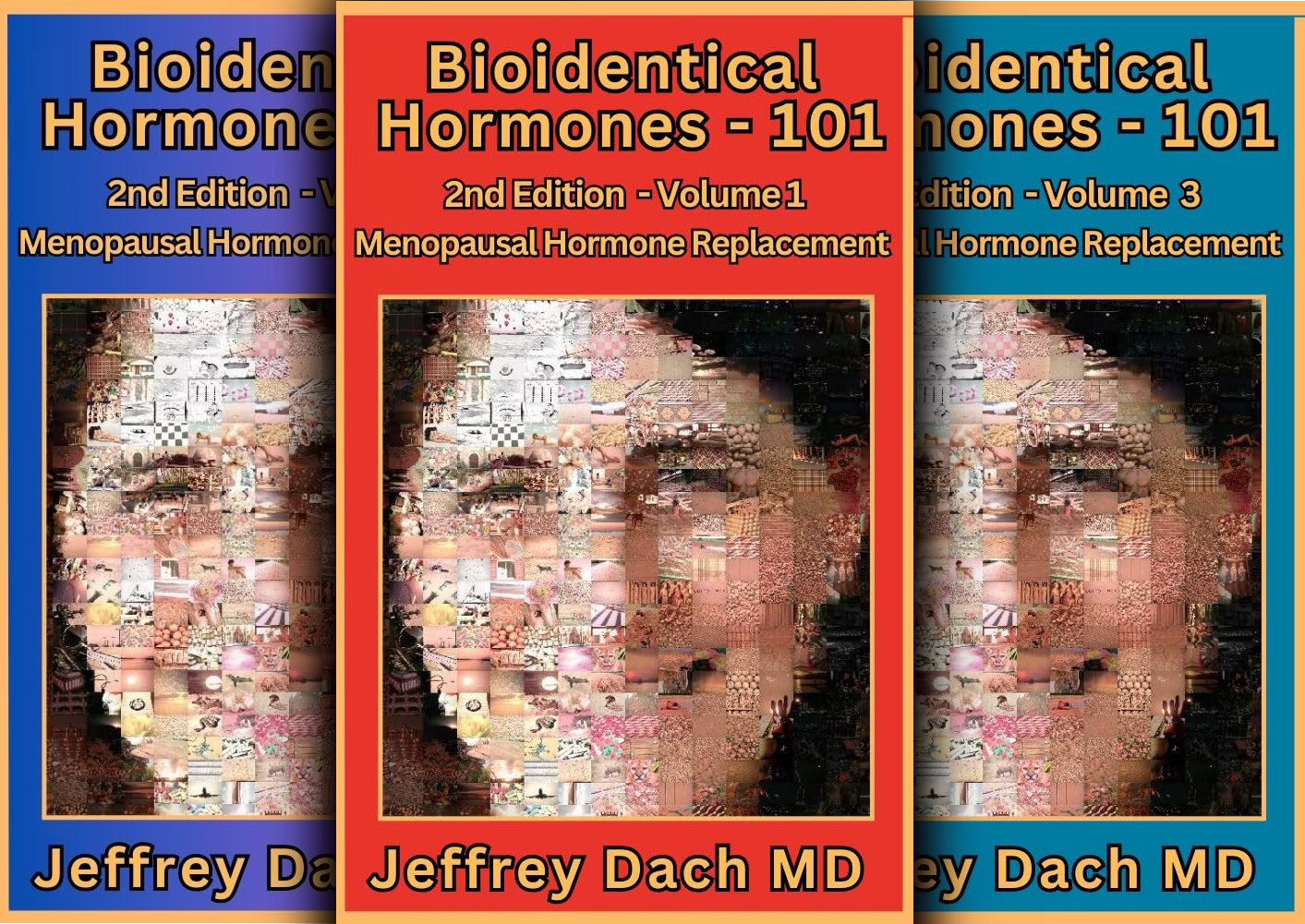
Unraveling the Confusion
Dr. Jeffrey Dach’s Bioidentical Hormones 101 is a vital resource that demystifies the complexities of hormone therapy. With clarity and precision, Dr. Dach cuts through conflicting messages from medical societies, pharmaceutical companies, and media. His exploration of quasi-hormones—synthetic alternatives to bioidenticals—highlights the commercial interests that often obscure patient care, providing a clear lens on a muddled topic.
#commissionearned
Empowering Patients and Professionals Alike
Dr. Dach’s gentle yet empowering approach equips both patients and medical professionals with the knowledge to make informed decisions. By focusing on bioidentical hormones, which mirror the body’s natural compounds, the book rejects the “one-size-fits-all” model of mainstream medicine. Its structured format ensures accessibility, making it an invaluable tool for anyone navigating hormone therapy.
Addressing Fear and Misinformation
The book compassionately tackles patient fears, such as risks of breast cancer, other cancers, or blood clots. Dr. Dach meticulously separates evidence-based facts from sensationalized myths, offering reassurance to those overwhelmed by conflicting advice. He also exposes financial incentives behind prescribing alternative medications, like benzodiazepines or bone loss drugs, instead of addressing hormone deficiencies directly.
A Clear Path Forward
Organized to foster understanding, each chapter builds confidence in readers, enabling them to take control of their health choices. Dr. Dach’s accessible writing maintains scientific rigor while remaining approachable, ensuring complex topics resonate with a wide audience. By the book’s end, readers are empowered to advocate for themselves in healthcare settings.
Conclusion
Bioidentical Hormones 101 is a lifeline for those navigating the bewildering landscape of hormone therapy. Dr. Dach’s expertise and commitment to patient empowerment shine through, filling a critical gap in medical literature. A must-read for professionals and patients alike, this book paves the way for informed health decisions and sparks hope for future volumes like Bioidentical Hormones 201 and 301.
Discover more from The Wellness By Design Project
Subscribe to get the latest posts sent to your email.
